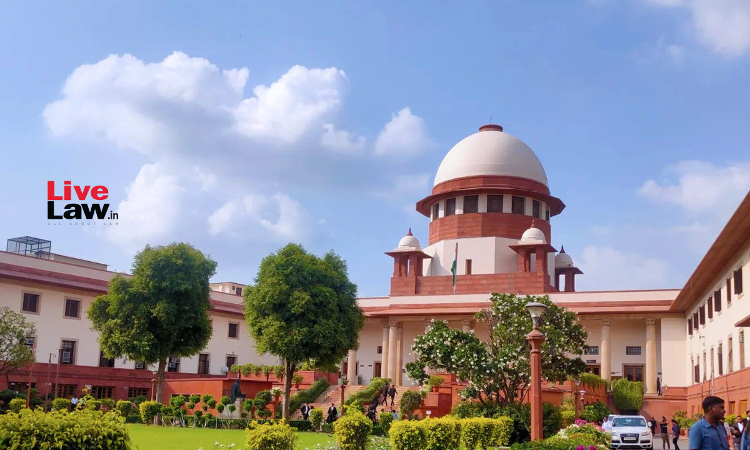Suspicion, Howsoever Strong, Cannot Substitute Proof Beyond Reasonable Doubt : Supreme Court Acquits Murder Accused
Ashok KM
14 Dec 2022 1:00 PM IST

Next Story
14 Dec 2022 1:00 PM IST
Suspicion, howsoever strong, cannot substitute proof beyond reasonable doubt, the Supreme Court reiterated while setting aside a concurrent conviction of murder accused.Ram Pratap was one of the accused in murder case. He was convicted by the Trial Court under Section 302 of Indian Penal Code and the same was upheld by the Punjab and Haryana High Court. In appeal, the Apex Court noted that...
